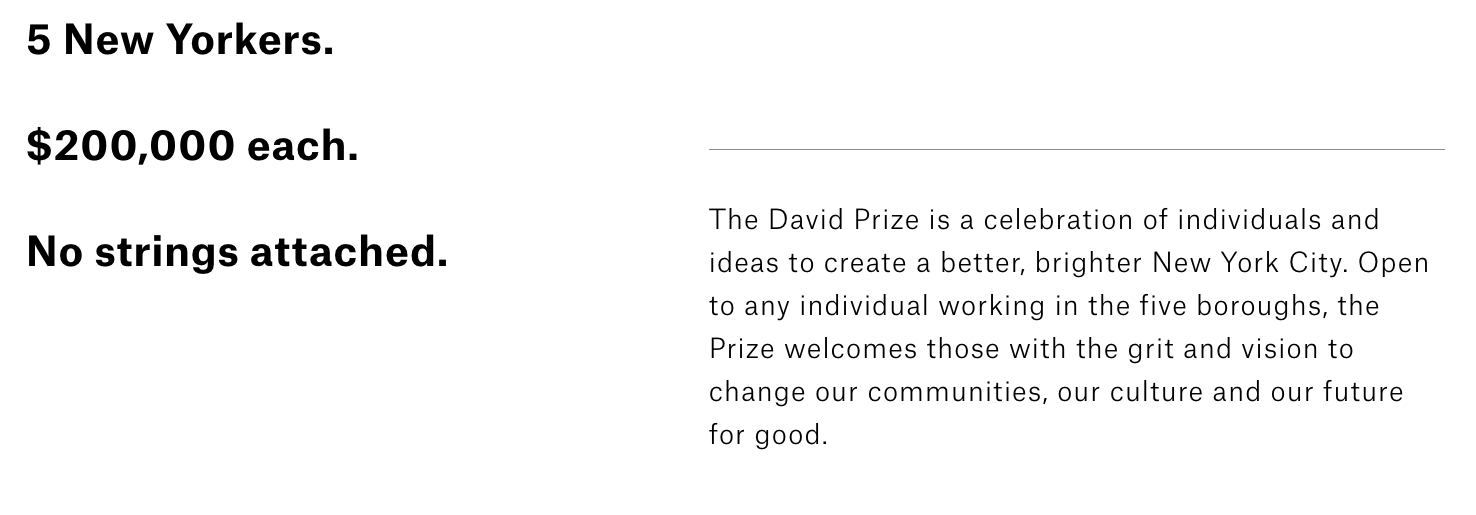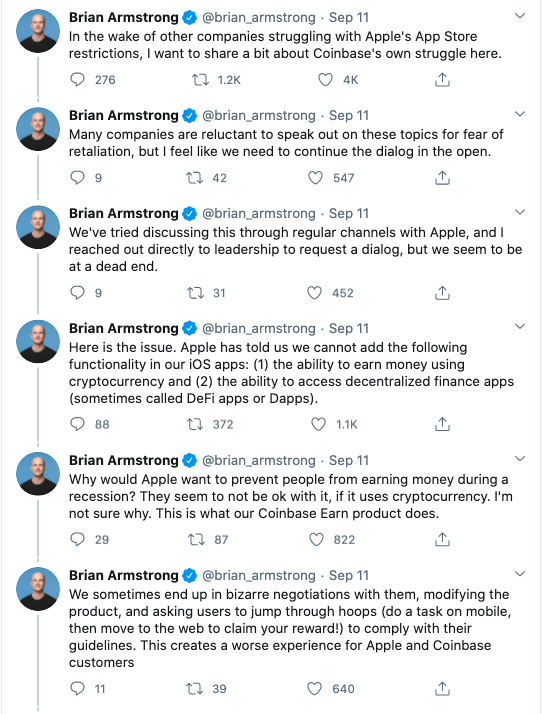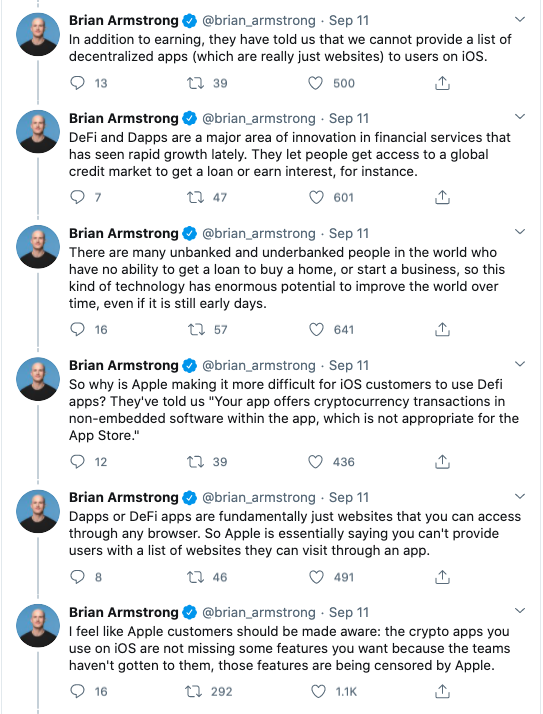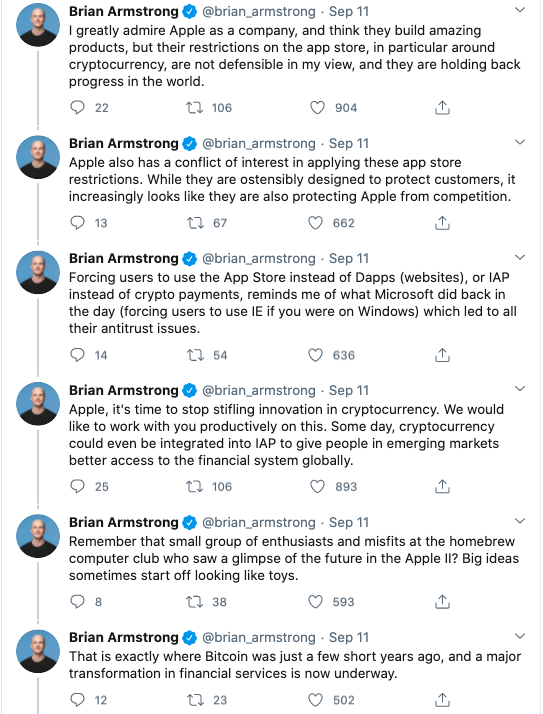I have had the great pleasure of working with Matt Blumberg and the senior leadership team of USV’s former portfolio company Return Path (which was sold in 2019) for much of the last twenty years. Matt and many members of his leadership team got the band back together early this year and started a new company called Bolster in partnership with Silicon Valley Bank and the early-stage VC firm High Alpha. A few months later, USV joined that investor group along with our friends at Costanoa.
Matt is a great CEO and has even written a book about leading and growing a company called Startup CEO. Their new company Bolster is all about scaling and building a great management team for your startup. The Bolster team believes that scaling a high growth company means that you need to adapt, grow, and supplement your management team continuously along the way. And a big part of doing that is accessing “fractional talent” which means people that don’t work for your company full-time and permanently. All of this is outlined in the Bolster Founding Manifesto which explains why they started this company.
Fractional talent can be a fantastic independent board member, fractional talent can be a CFO mentor for your VP Finance that you want to grow into a great CFO, fractional talent can be a VP Product that can cover for your VP Product while they are on family leave, fractional talent can be a part time Chief Revenue Officer that you want to “date before you get married”, fractional talent can be a part time Head Of Insights that will allow you to understand if you need a full-time Head Of Insights. I could go on and on because there is no end in sight for the various ways a CEO can leverage fractional talent to make their company and their management team better.
Bolster came out of stealth and into a beta period today and is opening up its marketplace to companies that want to access fractional talent and to executives who want to work at high growth companies in interim, fractional, advisory, or board roles. Bolster also will allow venture capital firms and startup investors to participate in its platform as super users. If you are any of the above and want to engage with the Bolster network, you can sign up here. The full marketplace will launch soon.
We have already introduced Bolster to a bunch of USV portfolio companies and the enthusiasm for this model is really high. I love the idea of USV investing in a company that can help our portfolio companies do things better. We have done that before with Twilio, MongoDB, Carta, Sift, and a host of other companies. It’s a double whammy and it pays off in so many ways.




